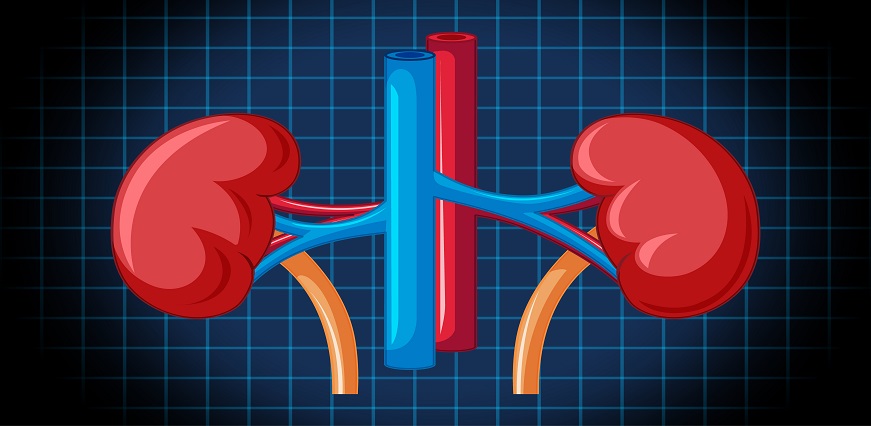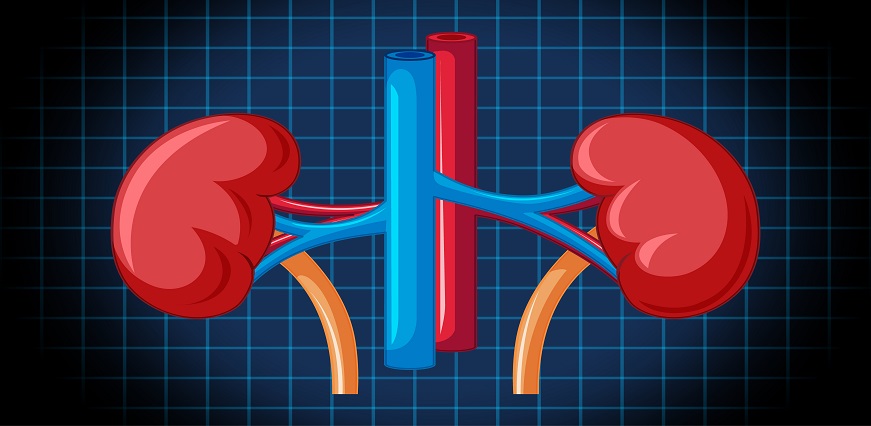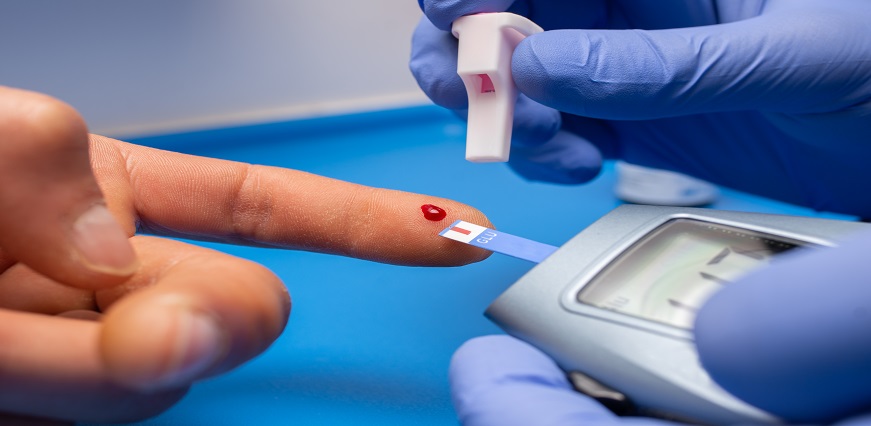

Max Lab > Lab Test in Mathura > Lab Test in Chhata > Creatine Kinase Mb Test
₹ 570
10% OFF for Senior Citizens | USE CODE SS10 *
@3x.png) Description
Description
The Creatine Kinase-MB (CK-MB) test in Chhata, Mathura is a blood analysis that quantifies the concentration of a specific enzyme, creatine kinase-myocardial band, circulating in the bloodstream. This particular enzyme is predominantly present within the cardiac muscle cells. The Creatine Kinase -MB test in Chhata, Mathura serves as a valuable diagnostic tool, especially in assessing potential damage or injury to the heart muscle, which is a common occurrence during a myocardial infarction, more commonly known as a heart attack. Elevated CK-MB levels signify heart muscle damage, aiding in evaluating cardiac well-being.
The CK-MB test in Chhata, Mathura is generally conducted to determine the amount of creatine kinase present in the bloodstream. The enzyme creatine kinase exists in three distinct forms, known as isozymes: CK-MM, CK-MB, and CK-BB. The CK-MB isoenzyme is primarily found in the heart muscle, with only a small amount present in skeletal muscles. When muscle cells experience damage, CK-MB is released into the bloodstream.
Under the normal range, blood levels of Creatine Kinase-MB are relatively low. However, a significant increase in CK-MB levels can indicate cardiac muscle injury or damage to the heart. By performing a CK-MB blood test in Chhata, Mathura, healthcare professionals can identify the source of the injury more accurately.
Normal CK-MB Test Range: Generally, CK-MB levels in the blood fall within the range of 5 to 25 IU/L (international units per litre).
Causes of Elevated CK-MB: Elevated CK-MB levels specifically indicate heart muscle damage, commonly associated with conditions such as myocardial infarction (heart attack). Other potential causes include myocarditis and pericarditis.
....Read More@3x.png) Description
Description
The Creatine Kinase-MB (CK-MB) test in Chhata, Mathura is a blood analysis that quantifies the concentration of a specific enzyme, creatine kinase-myocardial band, circulating in the bloodstream. This particular enzyme is predominantly present within the cardiac muscle cells. The Creatine Kinase -MB test in Chhata, Mathura serves as a valuable diagnostic tool, especially in assessing potential damage or injury to the heart muscle, which is a common occurrence during a myocardial infarction, more commonly known as a heart attack. Elevated CK-MB levels signify heart muscle damage, aiding in evaluating cardiac well-being.
The CK-MB test in Chhata, Mathura is generally conducted to determine the amount of creatine kinase present in the bloodstream. The enzyme creatine kinase exists in three distinct forms, known as isozymes: CK-MM, CK-MB, and CK-BB. The CK-MB isoenzyme is primarily found in the heart muscle, with only a small amount present in skeletal muscles. When muscle cells experience damage, CK-MB is released into the bloodstream.
Under the normal range, blood levels of Creatine Kinase-MB are relatively low. However, a significant increase in CK-MB levels can indicate cardiac muscle injury or damage to the heart. By performing a CK-MB blood test in Chhata, Mathura, healthcare professionals can identify the source of the injury more accurately.
Normal CK-MB Test Range: Generally, CK-MB levels in the blood fall within the range of 5 to 25 IU/L (international units per litre).
Causes of Elevated CK-MB: Elevated CK-MB levels specifically indicate heart muscle damage, commonly associated with conditions such as myocardial infarction (heart attack). Other potential causes include myocarditis and pericarditis.
....Read More
The kidneys play an important role in maintaining overall health. One of thei...Read More

Creatinine is a chemical by-product produced by regular muscle metabolism as ...Read More

Two bean-shaped organs in the human body, the kidneys are as important for ma...Read More

High blood urea is a condition that affects millions of people worldwide. It ...Read More

Urinary tract stones, commonly known as kidney stones, are hard mineral depos...Read More

Uremia is a word that makes people raise an eyebrow and question. It's no...Read More